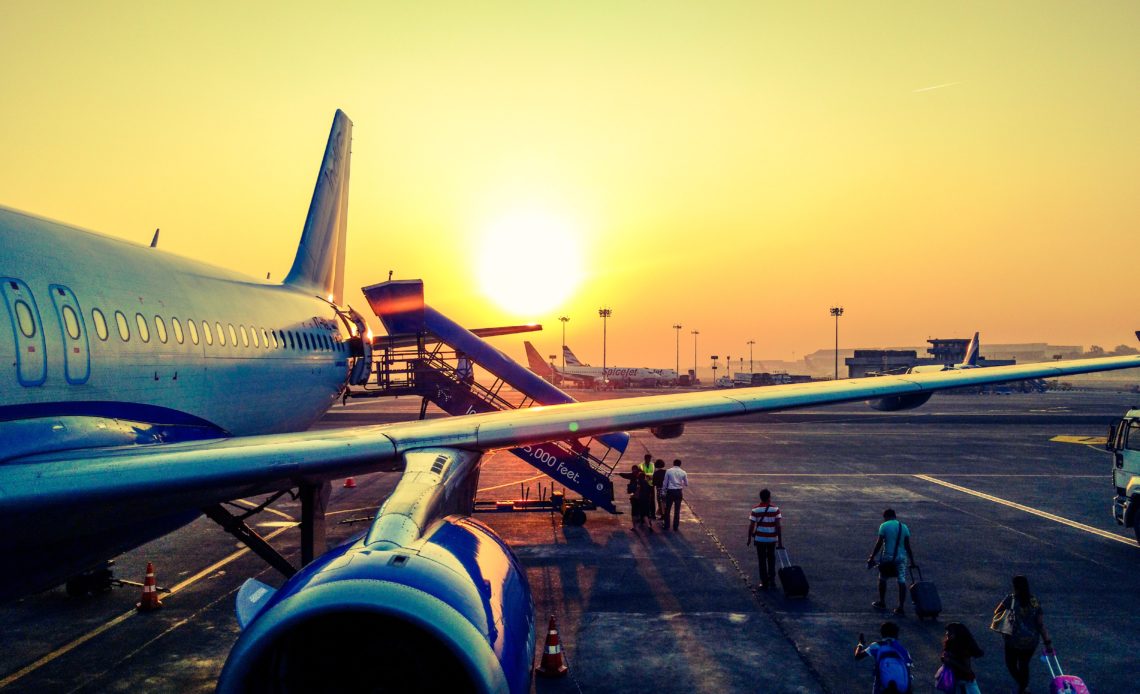
The airport industry has flown quickly into the world of private networks. Like other industries which need network-specific attributes and guaranteed service, airports have found ways to improve operations by implementing private networks.
Airports often cover large areas, beginning with Saudi Arabia’s 482 square-mile King Fahd International Airport and the 83 square mile Denver International Airport, making wired connections over the entire area impossible and WiFi prohibitively expensive. Airports need wireless connectivity for terminal and airline communications, complex and dynamic logistics, autonomous vehicles, security, and the handling of dozens or even hundreds of independent vendors. Airports are an ideal location to implement the Internet of Things, the connecting of numerous non-computing items online. Airport equipment, luggage, and children flying without adults can all be ‘tagged,’ with their location known every moment and alarms sounding if a suitcase or child isn’t on the right plane.
Airports Create Value with Wireless Applications
Groupe ADP is an international company managing 26 airports, three of which are in the Paris, France vicinity: Paris-Charles de Gaulle, Paris-Orly, and Paris-Le Bourget. Hub One, a subsidiary of Groupe ADP, has worked with Ericsson to install private cellular networks at their three Paris locations. The system will serve over 120,000 employees and contractors as well as 1,000 different companies. The networks will initially run on 4G but be ready for 5G and will run on privately held spectrum. The network will manage airport operations such as telephone services and luggage tracing.
Brussels Airport has teamed with Finnish telecommunications manufacturer Nokia and CityMesh, a Belgian operator, to install a 5G private network. Intended operations include luggage tracking, automated vehicles, inspection, and surveillance. “The value the network will bring to Brussels Airport clearly showcases the importance of private deployments. We are excited to support them in a variety of real-life use cases which were impossible to achieve with WiFi or on the public networks,” said Mitch De Geest, the CEO of Citymesh.
At the Hamburg, Germany airport, Vodafone and German airline Lufthansa have installed a private 5G network in an aircraft hangar. Technicians will “use high-resolution virtual and augmented reality technologies to work even more precisely on the aircraft fuselages” and use augmented reality “to provide a 3D visualization of how the cabin would look, once fitted out.” The private 5G Stand Alone (SA) network is independent of public networks, from the core to the antennas. This implementation allows Lufthansa to keep all their data on-site, maintaining an extra level of security.
In Cologne, Germany, the Cologne-Bonn Airport is having NTT Ltd. install a 5G private network over roughly four square miles of buildings and grounds using frequencies between 3.7-3.8 GHz. Soon it will be possible to “determine the exact location of devices and people, to transport luggage on self-driving vehicles, and to use autonomous robots to secure the site, as well as to provide intelligent services for the logistics hubs.”
At Langkawi Airport in Malaysia, local telecommunications infrastructure services company edotco has partnered with US-based Peatalk Corporation to install a 5G private network running, providing coverage inside the airport on the 3.5 GHz band and backhaul running at 70 GHz. Applications include “asset management via smart devices installed on airport trolleys, air quality monitoring, seamless facial recognition for enhanced real-time safety and security as well as significantly increased public WiFi speed at the airport.”
In the US, Boingo Wireless installed an early CBRS 3.5 GHZ private LTE network at Dallas’ Love Field airport in 2018, years before commercial deployment was granted approval by the Federal Communications Commission (FCC). The administrative staff used the network.
Conclusion
The near future will see the number of private networks in airports grow steadily. Airports will find that communications, logistics, and tracking are simplified and enhanced with private networks, allowing WiFi to be freed up for passengers. For airports and private networks, the future is sky-high.


